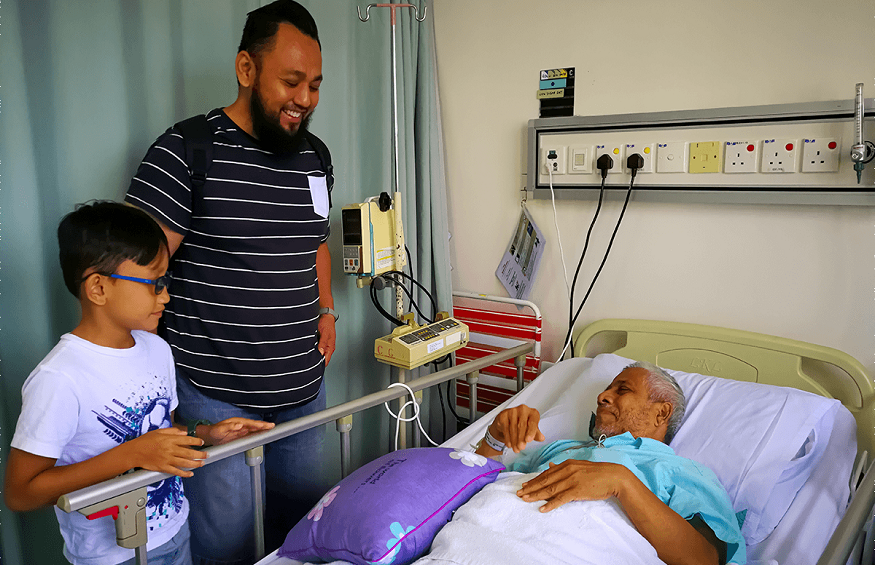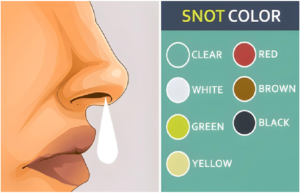How to best prepare for the hospitalization of a senior?

Select a health facility
If no hospital has been recommended by health professionals, it is necessary to choose a hospital establishment. The list of these establishments is available on the directory of the Ameli Health Insurance website, as is the list of documents to be collected for hospitalization. These documents must be presented when registering the senior’s file at the admissions office of the hospital centre.
Suspend the use of home help
If the senior normally benefits from home help to compensate for his loss of autonomy, these benefits must be suspended for the duration of hospitalization. It will therefore be necessary to notify these professionals as soon as possible of the absence of the senior, then, when the time comes, to contact them again to keep them informed of his return and the resumption of service.
Notify the Departmental Council and the APA medico-social team
In the event that the senior is a beneficiary of the APA (Personalised Autonomy Allowance), the Departmental Council and the APA medico-social team must be kept informed of their future hospitalization. The Departmental Council can then reduce the amount of the allowance but only suspends its payment if the duration of hospitalization exceeds 30 days. The suspension is lifted when the senior is no longer hospitalized without it being necessary to repeat the procedures for applying for the allowance.
Hospitalization of seniors:
There are three main modes of hospital care for elderly patients. The choice of treatment method depends mainly on the length of hospitalization required.
Day hospitalization for stays of less than 24 hours
Also called outpatient hospitalization, this mode of care concerns hospitalizations that last less than 24 hours. It is particularly suitable for the senior who enters the hospital, undergoes minor surgery, and then leaves the same day.
Hospitalization and any transport costs for patients are fully covered by social security.
Short-stay acute geriatrics units
These care units are specially dedicated to the hospitalization of elderly patients. It is possible for the elder to join the geriatric unit without first going through the emergency care service.
The short-stay geriatric units allow the patient to carry out an overall health check and to rely on a diagnosis made by a multidisciplinary geriatric medical team. These health professionals are particularly able to take charge of the polypathological situations that seniors often encounter.
Hospitalization in a short-stay unit lasts 10 days.
80% of the cost per day is covered by social security. The remainder to be paid can be covered by the senior complementary health insurance according to the formula subscribed.
Long Term Care Units (USLD)
If the senior’s state of health worsens, he faces a situation of great dependence and/or loss of autonomy, he is then admitted to a USLD. There he receives permanent care and continuous medical supervision. Patient care is similar to that provided in EHPADs (Accommodation Establishment for Dependent Elderly).
The medical costs of hospitalization in a USLD are covered by social security. Patients must, on the other hand, pay the monthly cost of accommodation and dependency care. Depending on the situation, this amount may be partially covered by housing assistance, the Personalized Autonomy Allowance or senior health insurance
Preparing for the return home of a hospitalized senior
When he comes out of hospital, the return home of the still very fragile senior can be tricky.
The hospital’s social service can be called upon to study the different options that can be put in place after leaving the establishment.
To help the elderly person recover from this ordeal before returning home, it is possible to obtain a medical prescription for admission to a health facility that provides Follow-up and Rehabilitation Care (SSR).
The stay in the Aftercare and Rehabilitation Unit (SSR)
When leaving hospitalization, particularly following an acute illness or major surgery, a stay in geriatric SSR allows the senior a smooth return to everyday life before returning home.
Whether private or public, some of these establishments are under agreement and, in this case, are covered by social security at 80% of medical costs. This coverage covers all medical costs in the event of a long-term illness or ALD (Long-Term Assignment).





